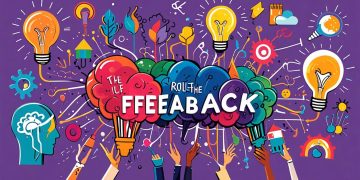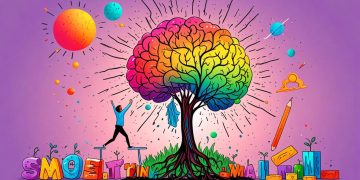Explore the transformative journey of cultivating resilience through feedback. By embracing constructive criticism, individuals can enhance personal growth, strengthen connections, and develop emotional intelligence. Discover practical strategies for integrating feedback into daily life, fostering adaptive mindsets, and creating supportive communities that empower resilience in today's fast-paced world.









